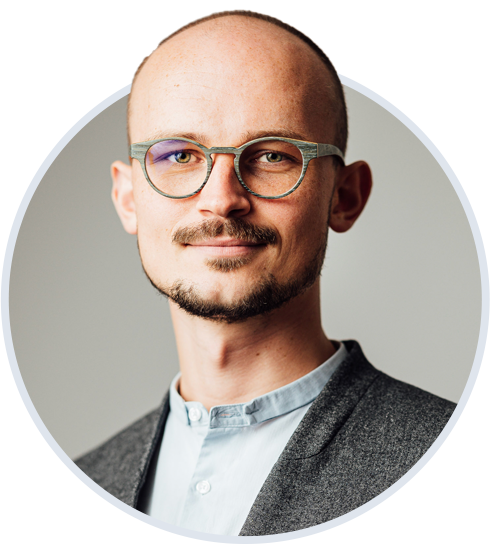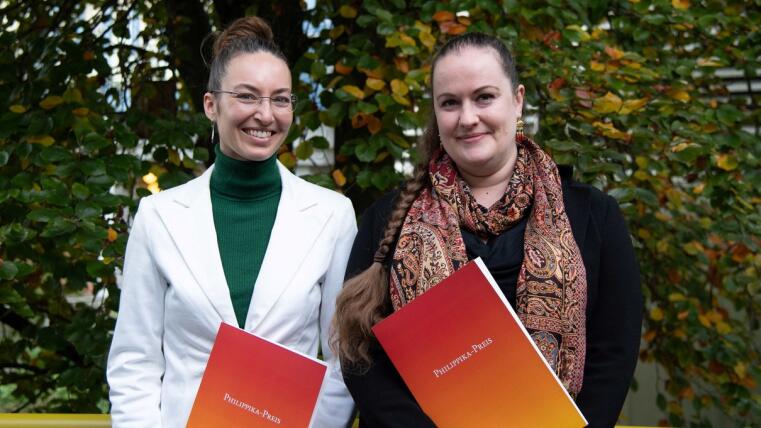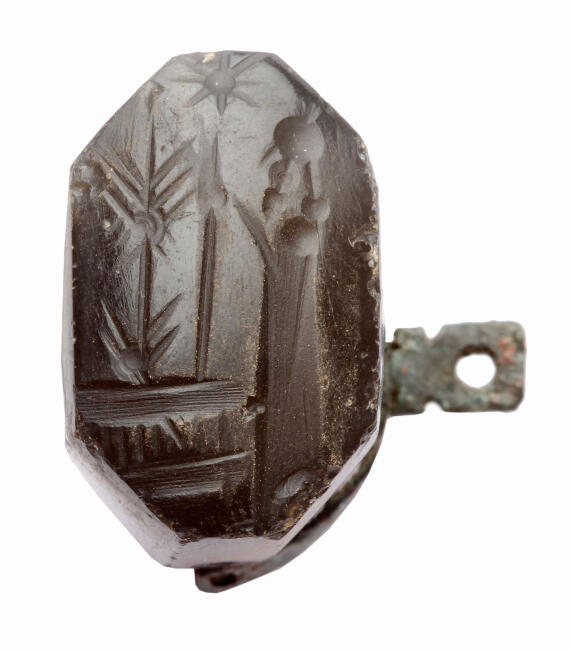Academic staff in GKM
The academic staff is represented on the GKM board by Dr. Bruno Biermann and Dr. Manon Yvonne Schutz.

We are planning a two-day workshop for young researchers at the GKM for the summer semester 2026.
The topic is “Space and Spatiality as a Prism in the Study of the Ancient Eastern Mediterranean”.
What research opportunities do “space and spatiality” offer and what current theoretical debates are associated with them?
Many of us deal with the topic of “space” in very different ways - for example archaeologically, historically, theologically, philologically. We would therefore be delighted if some of you could contribute to the workshop. The aim is to bring ongoing projects and research work into an interdisciplinary discourse.
Here you can find the Call for Interest with further information.
Deadline for expression of interest: August 31, 2025

We – Monnica Klöckener, Nikola Moustakis and Paraskevi Toma – are once again preparing a spring school ‘Manuscript Cultures’. From 31 March to 3 April 2025, we will approach the topic ‘Digital Manuscripts?!’ in the tried and tested form. Experts from Münster, Frankfurt and Basel have been invited to give lectures on the fields of ‘indexing’, ‘editing’ and ‘translating’ and provide insights into their research material.
In the afternoon blocks, employees of the SCDH (Service Centre for Digital Humanities) will introduce digital tools and methods. An excursion to the Technical Centre of the NRW State Archive and the LWL Archive Office for Westphalia is planned for one day.

At the general meeting of the German Society for the Exploration of Palestine (DPV) in December 2024, Old Testament scholar Dr. Bruno Biermann was awarded the Helga Weippert Prize. The prize, endowed with €2,000, was announced for the second time in 2024 and honors outstanding dissertations or habilitations in the fields of archaeology, history, religion, culture, and regional studies of Palestine. With his dissertation “Stamp Seals as Prism for the Gender History of the Southern Levant: Archaeological, Epigraphic, Iconographic and Exegetical Explorations,” Biermann has made an exceptional contribution to this field of research. In his work, he correlates biblical-theological perspectives with iconographic and cultural-historical approaches, thereby setting new standards, particularly in the methodological approach to the study of glyptic artifacts.

On 25 October 2024, Egyptologist MANON YVONNE SCHUTZ was awarded the Philippika Prize for her outstanding dissertation ‘Sleep, Beds and Death in Ancient Egypt. Studies on the Bed as a Female Entitiy’.
The Philippika Prize is sponsored by Harrassowitz-Verlag and is awarded for outstanding, interdisciplinary dissertations that transcend disciplinary boundaries in ancient studies.
Manon Schutz completed her doctorate at the University of Trier and is now a research assistant at the Institute of Egyptology and Coptology at the University of Münster.
Two members of the GKM-Mittelbau were re-elected to the Senate of the University of Münster: the ancient historian Dr Eva Baumkamp as group spokesperson for the academic staff and the Old Testament scholar Dipl. Theol. Ludger Hiepel as Deputy Chair of the Senate.
The two will hold office for the current election period from 1 October 2024 to 30 September 2026.
We warmly congratulate them on their election!

Cooperation between GKM, Integration Council and Immigration Office of the City of Münster
Byzantinist Dr. Paraskevi Toma and her husband Dr. Orestis Kazasidis came across a very special book in their home country of Greece: "Ftou Kselypi" ("Spit out the sorrow"). In it, author Marietta Kontou tells the encouraging story of Nour, who escapes the war in Syria. After a true odyssey, she makes it to the Olympic Games as part of the team of refugee athletes thanks to her indomitable will and her talent as a swimmer. The book has since been translated into Arabic.
Inspired by the book, the project group "Encourage" was formed in Münster in 2018 from representatives of the Integration Council, the Foreigners Authority and the University of Münster. Its leading members are: Dr. Orestis Kazasidis, Dr. Nikola Moustakis, Helga Sonntag, Dr. Paraskevi Toma, Jennifer Wahlbring, Dr. Ömer Lütfu Yavuz. They joined forces to bring 500 Arabic copies to Münster in order to distribute them to Arabic-speaking children and young people through targeted campaigns.
In 2021, the book was translated into German by Nikola Moustakis. A Ukrainian translation is currently being worked on.
The group's aim is to raise awareness of interculturality and multilingualism and to stimulate interaction through events.